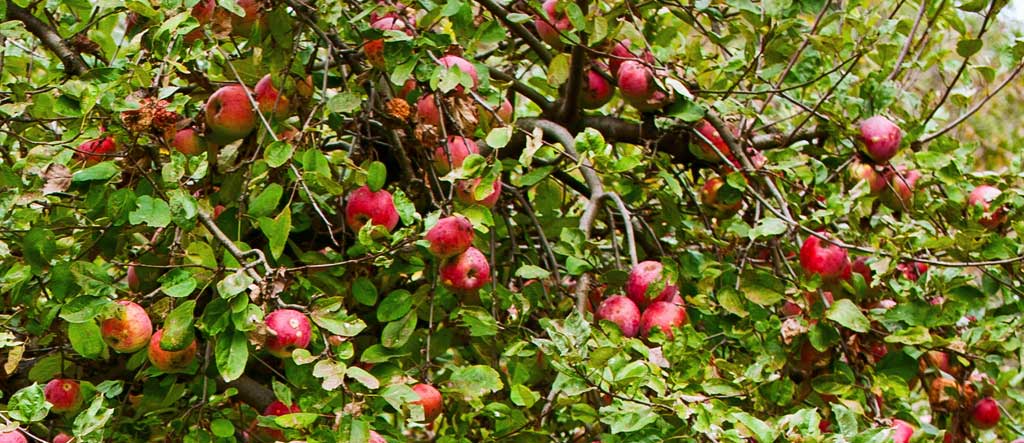Understanding Metabolism
When we think about metabolism we generally think of it in terms of being fast or slow, or how efficiently we use up energy (counted as calories) from the food we eat. However, metabolism is not just about burning calories. It includes hundreds of biochemical processes that are essential to life, such as breathing, circulation of blood, converting food into energy, and building muscle, bone and organ tissue.
Metabolism is divided into two categories:
- Anabolic: uses energy from the nutrients we assimilate for the body’s growth and repair.
- Catabolic: transforms energy into smaller units the body can use.
Your metabolic rate is based on the number of calories required in a 24-hour period to sustain vital functions essential to life. It is referred to as your resting or basal metabolic rate and accounts for over half of your daily food intake. The remainder gets used as you go about your daily activities such as walking, working, etc. If we consume more energy than we use, we will store that extra energy in the form of fat (adipose tissue.) Fat storage requires very little energy and can slow down metabolism. Your energy requirements will vary depending on factors such as your weight, age, gender, level of activity, environmental temperature and genetics.
Metabolism is a complex process.
Unless you have a medical condition such as Cushing’s syndrome or an under-active thyroid gland, hypothyroidism, it is a mistake to blame weight gain on a slow metabolism. Weight gain is too often over-simplified by equations such as eat less and move more. While physical activity and building muscle mass can increase metabolic rate and assist weight loss, it is not the total solution for everyone. Other influencing factors include: hormonal controls, getting adequate sleep, stress levels and environment, however the biggest influencing factor is diet. If your body is holding on to fat tissue there will be a good reason for this, consulting a qualified nutritionist and embarking on an holistic weight management program is a good way forward.
You are what you eat.
To improve metabolism, we first need to improve the quality of our nutrition. We are made from the nutrients our body can assimilate (anabolism) and use (catabolism.) Food and substances we take in but can neither assimilate nor eliminate get stored in fat cells to keep them from re-circulating throughout the bloodstream. The storage of toxins in fatty tissue is the most common reason why people who eat well and exercise regularly, are still unable to lose weight.
The etymology of the word metabolism is derived from the Greek words metabole meaning change and ismos meaning process. ¹
The good news is you can lose weight naturally when you give your body the nutrients it needs and create the right conditions for safe detoxification. Restrictive diets and chemically laden low-fat or sugar-free foods, diet pills or other potentially harmful temporary quick fixes only exacerbate the problem in the long run. The natural way to lose weight involves cleaning up our diets, changing lifestyle habits and addressing the root cause of imbalance.
How to Improve Metabolism
When in balance, your hormones can more efficiently relay their feedback messages, and your digestive system can easily assimilate nutrients and eliminate metabolic waste.
- Keep your body well hydrated with filtered water, herbal teas and fresh vegetable juices.
- Nourish yourself with a wide variety of whole foods — the less processed the better.
- Eat plenty of vegetables, some fruit and plant-based proteins like nuts, seeds and legumes.
- Many foods and herbs have medicinal qualities that assist detoxification and help to restore balance within the body.
- Refrain from eating when you are feeling stressed. It impairs digestion but also can help to break the cycle of comfort eating and using food to zone out. Instead find somewhere you can relax and acknowledge the fact that you are stressed. Many practices such as mindfulness or journaling help to address and reduce stress and underlying emotional issues.
- Get outdoors for at least 30 minutes a day, garden, walk, cycle or practice deep breathing.
- Nourish yourself mentally, read, take a course, learn more about nutrition, meet up with people who stimulate your mind.
- Get a good night’s sleep, aim for 6 – 8 hours a night.
- Consult a qualified nutritionist, it is important to have someone with the right experience and training to help you in a holistic way.
It is work to start with, but the more ingrained healthy habits become the more it becomes a way of life and not so much work at all. The better you feel, the easier it is to follow through with your natural weight loss plan.
References:
- Mosby’s Medical Dictionary, 8th edition. S.v. “metabolism.” Retrieved April 13 2016 from http://medical-dictionary.thefreedictionary.com/Metabolism

